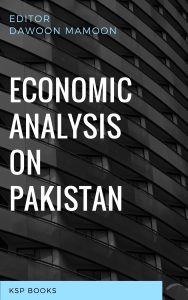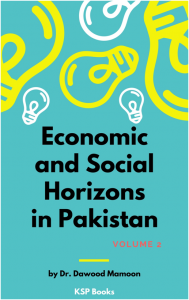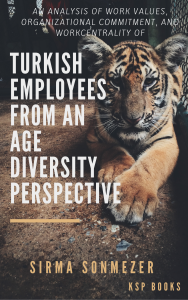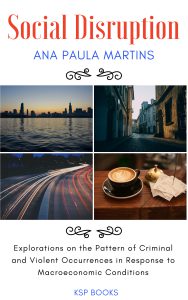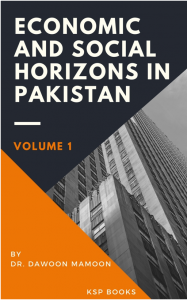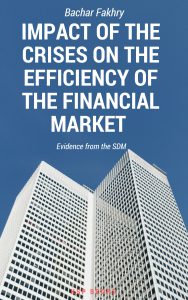Synopsis
In this collection of papers, it shown that the “order”which is generated around us by evolution and the results of our doing can be explained by the propensity of entropy to increase; namely, by the second law of thermodynamics. Entropy is conceived by many as a disorder, however, that is true only for spares systems. In a dense system, entropy is information thatis characterized by a long tail distribution. In order to apply the second law to sociology and economy, we have to define a sociological net. With analogy to the internet, in which, in principle, every site can receive and broadcast information to any other site we can describe economic network as a group of bank accounts that each one of them canreceive or pay money to any other account. The distribution of links between the sites is similar to that of money in the bank accounts. This long tail distribution,whichis obtained by maximizing the entropy of the net, is called Planck-Benford distribution. It is also shown that Planck-Benford distribution can predict polls distribution;Gini inequality Index in the OECD countries;the percentage of the relative poverty; the salaries of the CEO’s relative to the average salaries and the number of employees. Moreover, the Planck-Benford income distribution, being an equilibrium distribution (Max Entropy),can provide a standard tool for estimatingthe stability of the economy of a given country namely closer the income distribution of a country to Planck Benford distribution closer the economy to equilibrium.
Contents
About Author
ISBN
978-605-2132-51-7
Date of Publication
July 15, 2018
File Size: 2218 KB
Length: x + 98 pages
This work is licensed under a Creative Commons Attribution 4.0 International License.

